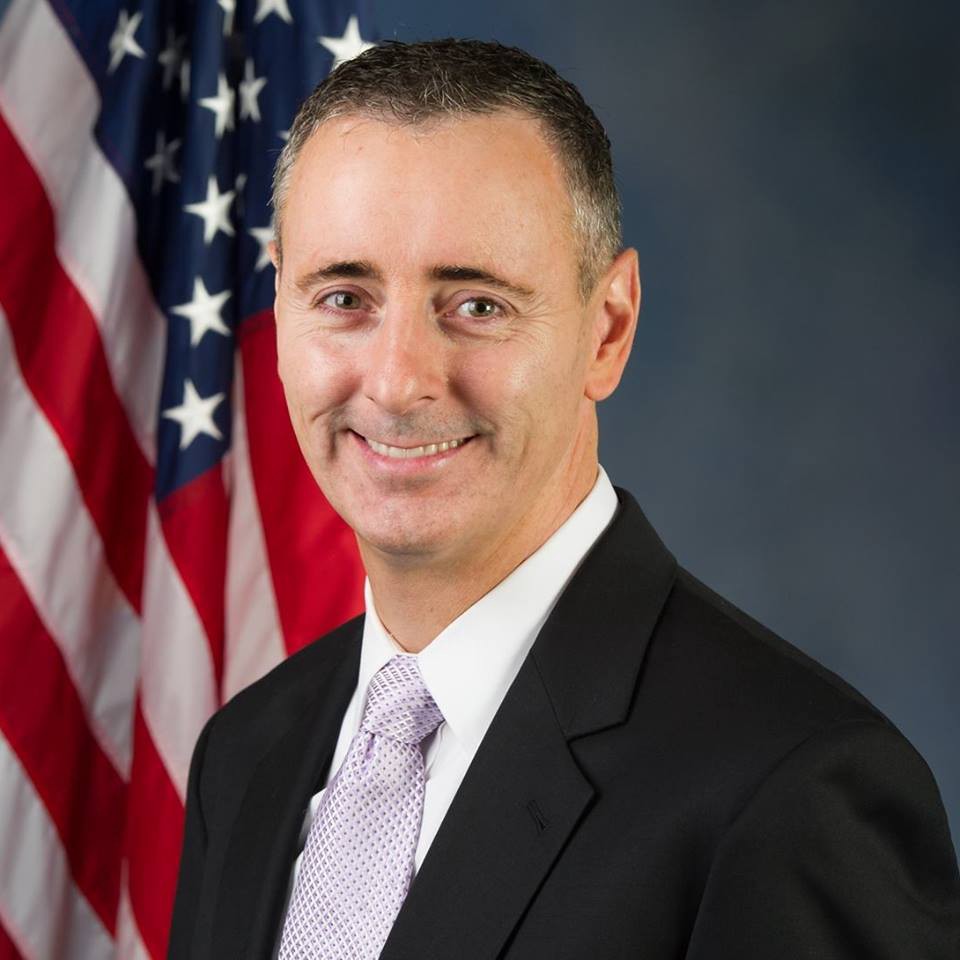Right to Try does not undo the FDA approval process, but provides a potential lifeline for those with a terminal diagnosis who cannot wait
The Times

U.S. Rep. Brian Fitzpatrick (R-8th dist.), co-chairman of the ALS Caucus, is pleased that the Right to Try Act of 2017 [S.204], which passed the Senate last year, will be brought to the House floor this week for a vote.
“Every day, millions of Americans and their families face the devastating reality of a terminal diagnosis. I am appreciative of House leadership’s commitment to have a vote on Right to Try. Patients with terminal illness have already waited too long,” he said. “Americans should have every opportunity to fight for their life, or the life of their loved one. I am grateful for the steadfast efforts of Sen. Johnson, Rep. Andy Biggs and all the advocates who worked together behind the scenes to get to this point. Now it’s time to get Right to Try to the president’s desk.”
In March, the House passed a slightly different version of the Senate’s Right to Try bill.
From ALS to Duchenne Muscular Dystrophy, more than 1 million Americans die from a terminal disease each year and thousands more are diagnosed. While ‘compassionate-use exceptions’ exist, they are granted to only about 1,000 patients annually. Many patients simply run out of time before they can qualify or before the FDA’s approval process completes. Right to Try allows for potentially life-saving access to care.
Right to Try does not undo the FDA approval process, but provides a potential lifeline for those with a terminal diagnosis who cannot wait. Physicians must certify that other options are exhausted or not available and all products must have completed FDA Phase I (safety) testing.
The legislation addresses concerns that could prevent its successful utilization by ensuring patients, doctors and manufacturers do not assume any additional liability under this act. Nearly 40 states, including Pennsylvania, have signed into law their own Right to Try legislation. The federal legislation ensures that the federal government — and the FDA, specifically — does not interfere with state laws.
Advancing this policy has been a longtime priority for Fitzpatrick and Vice President Mike Pence, who signed Indiana’s Right to Try law while serving as governor. It has also been a priority for President Donald Trump, who called for the bill’s passage in his State of the Union address earlier this year. ••

